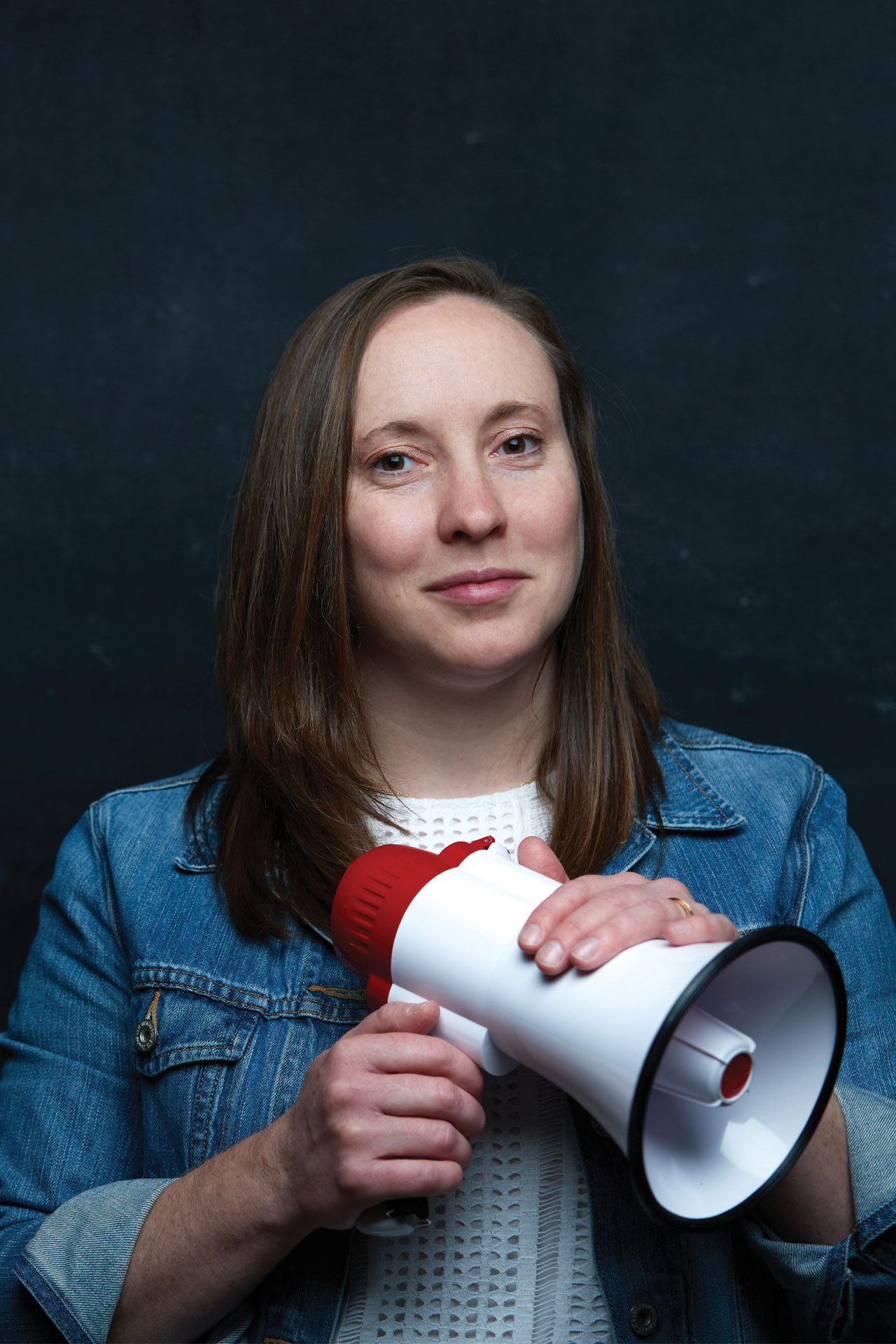In the history of boycotts, there’s never been anything quite like the anti-Coors movement.
For 40 years, a motley coalition of labor unionists, progressive students, feminists, LGBT, Black, Chicano, and Native American advocates stood shoulder-to-shoulder in opposition to the iconic Rocky Mountain brewery.
University of La Verne Associate Professor of History Allyson Brantley poured out this never-before-told tale in her 2021 book, Brewing a Boycott.
In the 1950s, the Coors Brewing Company boycott was one of the longest running in US history, fizzling out only in the 1990s after the brewery seemingly capitulated.
But the story doesn’t end there. Publicly, the Coors company yielded to labor demands and threw its support behind gay causes, from AIDS research to LGBT-friendly legislation.
Privately, the Coors family continued to finance conservative causes through its Castle Rock Foundation.
In what Brantley calls “the boycott that never ended,” activists named and shamed former alliance members who waivered in their anti-Coors commitments.
To this day, many beer-drinkers—Brantley among them—shun the brand, and the boycott “offers important lessons for today’s consumer activists.”
Brantley grew up in Boulder, Colorado—just 30 miles from Coors headquarters in Golden. Yet, the boycott’s multiethnic dimension wasn’t on her radar until she stumbled upon it as a Yale University graduate student researching Mexican American activism in the southwest.
“One paragraph made passing reference to a Chicano boycott of Coors beer, which I found intriguing,” she said. “Coors was the biggest name in my hometown, and there wasn’t, at least in the circles that I was growing up in, any discussion of that.”
Brantley’s Iowa-bred parents had settled in Boulder in the 1970s. Her mother is a retired high school teacher. Her father is a retired city official turned financial planner.
Though her own roots are Midwestern, Brantley has an abiding interest in Latino issues. Fluent in Spanish, her expertise lies in social movements and consumer activism, especially labor histories and the United States-Mexico borderlands. As an undergraduate at the University of Notre Dame, she had spent a summer in service at a Tijuana migrant shelter for men who’d been deported from the US. Later, she spent a year with AmeriCorps in El Paso helping middle schoolers whose families crossed the border.
Brewing a Boycott grew out of Brantley’s dissertation. She spent seven years combing archives from Texas to Michigan and gathering dozens of oral histories from long-time activists.
Despite her deep dive into breweries, Brantley doesn’t consider herself a beer expert. She enjoys a red ale or IPA, but prefers wine.
Now on the lookout for her next book project, Brantley plans to spend her spring sabbatical investigating friction between the archdiocese and Latino immigrants working in Los Angeles’ cemetery industry during the 1990s. Another area of interest: 1980s-era Southern California homeless advocacy.
Since joining the faculty in 2016, Brantley has fully embraced the Leopard community.
“I really love teaching here,” she said. “My biggest class right now has 25 students. We can really engage deeply in conversations.” Brantley, who gained tenure last summer, also directs the college’s Honors and Interdisciplinary Initiatives, serving about 300 undergraduates.
